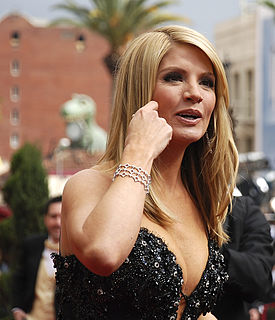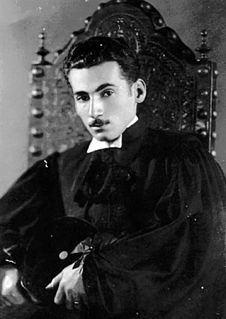A Quote by Carrie Brownstein
My father was a corporate lawyer. He went to work in a suit and tie. He had a secretary. He left the house before seven A.M. His professional life felt generic, like a backdrop, a signifier more than a life: office job.
Related Quotes
'Trilogy' was more of a claustrophobic body of work. Before it was released, I hadn't left my city for 21 years, and I had never been on a plane, not once. I spent my entire life on one setting; that's probably why pieces of the album feel like one long track, because that's what my life felt like. It felt like one long song.
Nobody dressed like my dad. When he worked at the bank, he looked like Richard Gere in Gigolo. And he would do it all the night before, laying out the suit he'd wear the next day. Even on weekends, if he had to go into the office, he'd wear a trouser pant with a V-neck sweater and tie. And I was like, I want to dress like that! He was just so cool.
I have had a few rough patches in my life, but these last few years have been among the roughest. A few years ago, I left my job as host of the television show Extra. Our parting of ways was completely amicable; they were amazing to me. I had spent over a quarter of my life at that job, and without it, I felt like I had lost my compass. People didn't know how to introduce me anymore, because in L.A., you are your job.
In his wretched life of less than twenty-seven years Abel accomplished so much of the highest order that one of the leading mathematicians of the Nineteenth Century could say without exaggeration, "Abel has left mathematicians enough to keep them busy for five hundred years." Asked how he had done all this in the six or seven years of his working life, Abel replied, "By studying the masters, not the pupils."
I have already told you Father, more than once: I’m not going to subject myself to a husband chosen for me, I’m not going to bury myself in some planter’s kitchen, and I’m not going to be a servant to some doctor or lawyer in Ilhéus. I want to live my own life. When I finish school at the end of the year, I want to go to work in an office
Which is more worthwhile earning: a large fortune or the esteem and gratitude of the nation? This question is prompted anew by the death of ex-Secretary of the Interior [Franklin K.] Lane. He remained in public service, doing most noble work, until his means became absolutely exhausted, and he died before having had the opportunity to reaccumulate any bank account.... He died leaving no estate whatsoever. Is what he did leave more to be desired, more to be coveted, than a fortune reaching into six or seven figures?
As an adolescent I saw the Specials at the Glass House in Pomona, and that was life changing. I dressed the part - except not well, because it was a thrift suit. I looked more like David Byrne than a rudeboy; I still have a hard time finding suits that fit me. But I had my braces and I had my Docs. It was unbelievable.



































